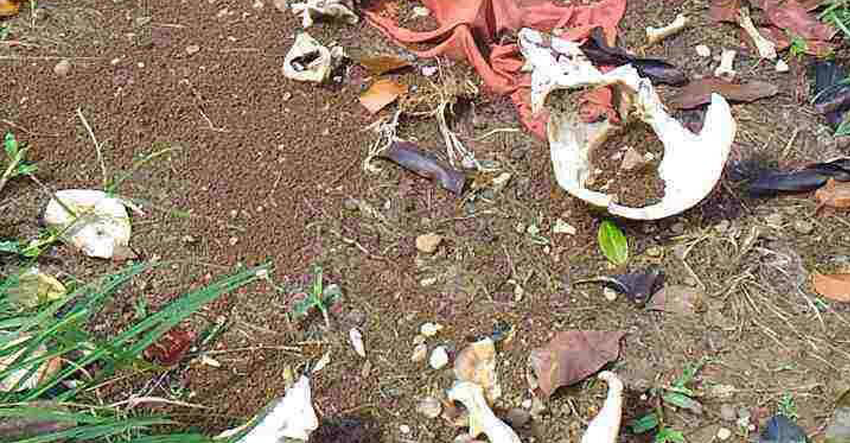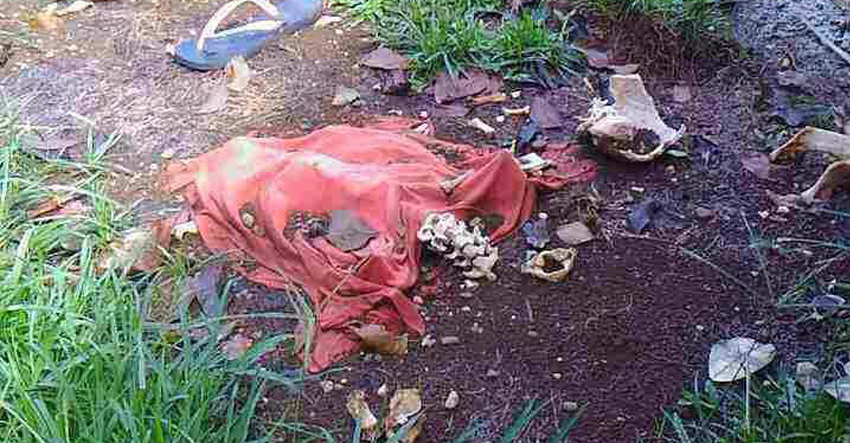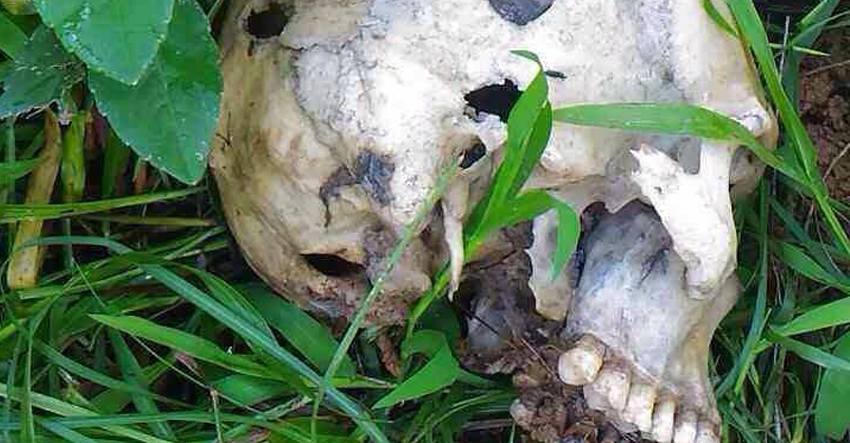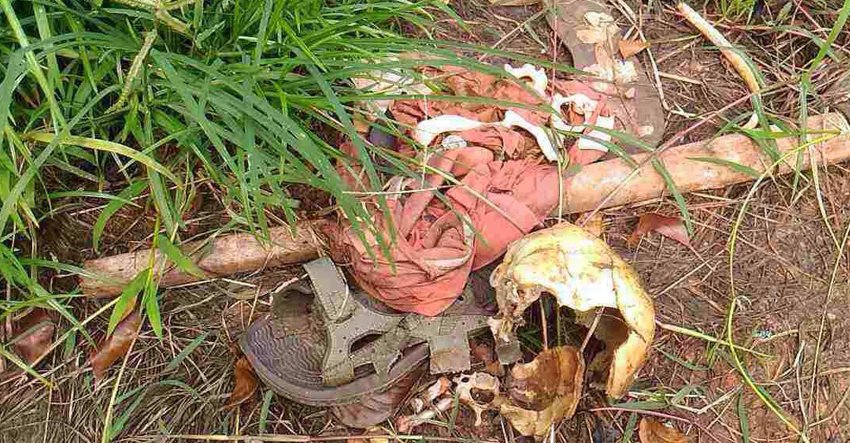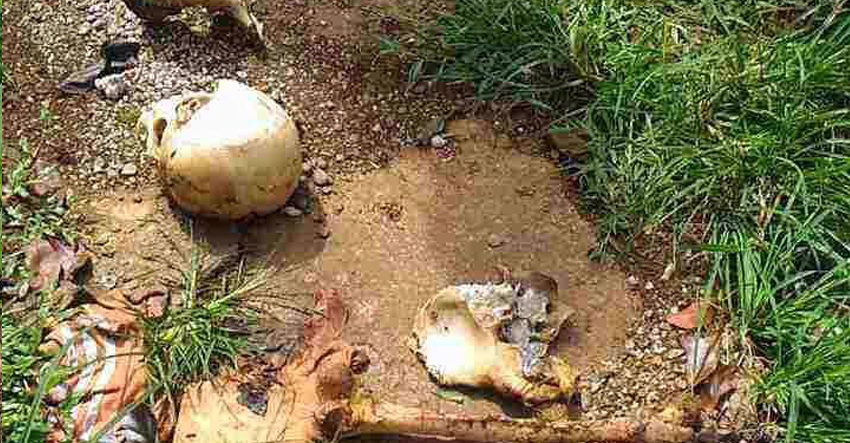DAVAO CITY, Philippines — The Armed Forces of the Philippines discovered some four to six individuals on Wednesday, July 12 in a place which the troops believed to be an “execution site” used by the Islamic State-linked Maute group in Marawi City.
Along with the remains were orange-colored shirts believed to be worn by the alleged victims of execution. A military source told Davao Today that the six shirts were found on the site hence the estimate that there were probably six individuals whom the Maute group executed in the early part of the crisis. The Maute Group has shown a video footage of these executions in the internet as a propaganda, the military said.
With the discovery of the remains at 9:47 am yesterday, the military said the total number of victims’ cadavers recovered by troops is 45.
Lt. Gen. Carlito Galvez Jr., commander of WestMinCom said, “the brutal execution is proof of their un-Islamic ways, these terrorists do not respect anyone or anything.”
“Our soldiers will continue to liberate Marawi bearing in mind that this city belongs to our Maranao brothers and sisters; and this land belongs to the Filipino people,” Galvez added.
Brig. Gen. Rolando Joselito Bautista, the commander of Joint Task Force Marawi said “this brutal and inhuman actions of the Maute/ASG will not go unpunished.”
“We will make the Maute/ASG terrorists accountable in the destruction of Marawi and the countless crimes they committed against our Maranao brothers and sisters; and the whole Filipino nation,” Bautista said.
Meanwhile, the Provincial Crisis Management Committee said they have already set up desks and hotline numbers where relatives can report missing or possibly dead relatives.
Zia Alonto Adiong, spokesman of the PCMC said the desk and the information accurately conveyed to the public would greatly help to hasten the process of identifying cadavers and giving them proper burial.
“We are faced here with the challenge of honoring religious and cultural practices while at the same time applying science so that we can have definite identification of the cadavers and where every cadaver will have a final burial appropriate to his/her religious belief,” he said.
Adiong said they already oultlined an ante mortem process to locate relatives who are either missing or dead by allowing the families to describe where they may be located or provide physical descriptions like clothing or body markings.
He also said they will resort to DNA testing to identify cadaver.
“This is why it is important for reporting relatives to undergo ante mortem examination by submitting their DNA samples to the PNP crime lab like hair-strand, swab (saliva). These samples will be submitted to crime lab and subjected to dna testing so that its result will be matched with the sample taken from the cadavers,” he said.
Adiong added that while the identification of the cadavers is being processed, the government can provide for a temporary burial where sufficient markers would allow relatives to retrieve them after the process is completed. (davaotoday.com)

